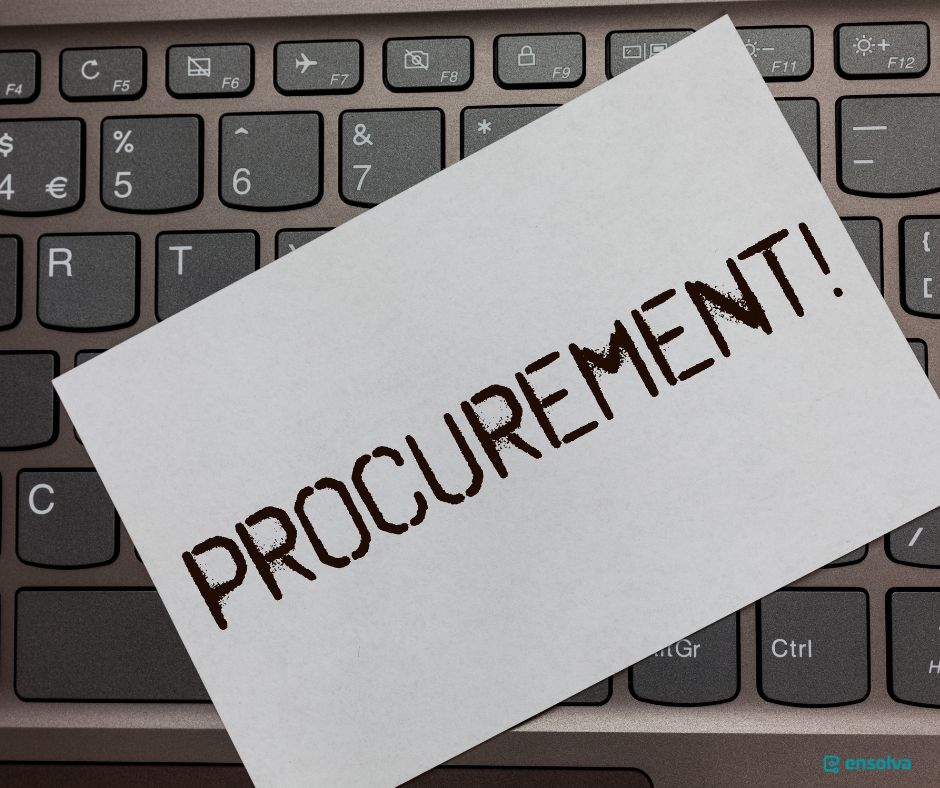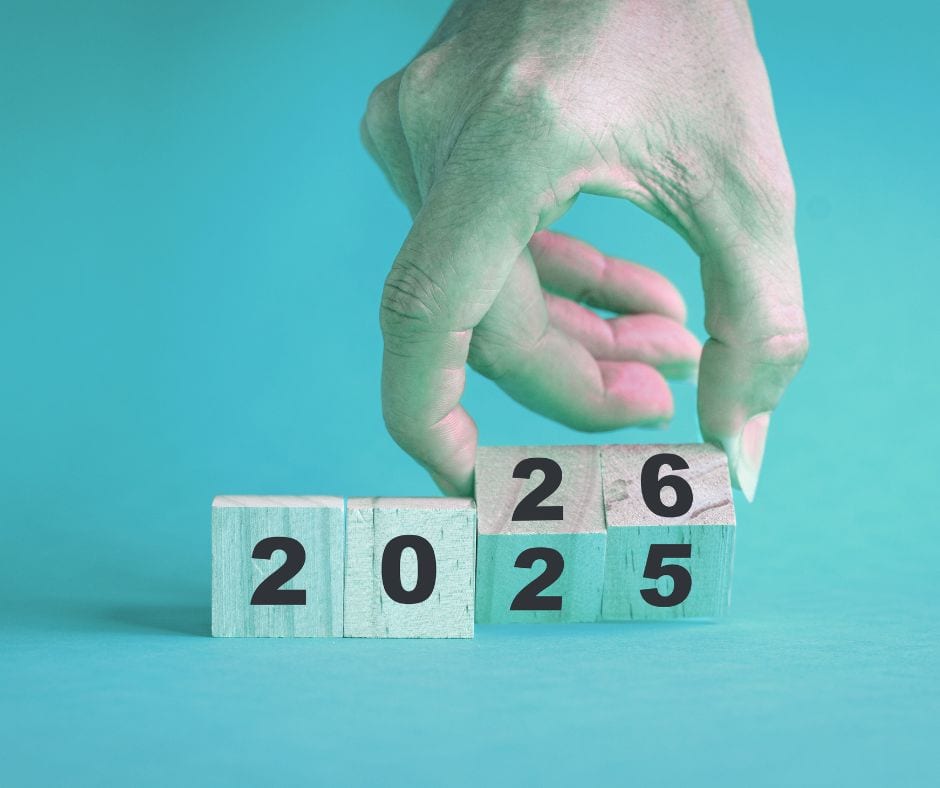One of the latest innovations today is ChatGPT, a powerful AI-driven tool that utilizes Natural Language Processing (NLP) to provide responses to its users. In the world of technology, ChatGPT has taken center stage and become the highlight of the year. In this blog, we’ll explore how ChatGPT is impacting the procurement industry, aiding companies in achieving greater efficiency, cost reduction, and better decision-making.
ChatGPT, based on the GPT-3.5 model developed by OpenAI, represents one of the most advanced AI systems for natural language processing. It possesses the ability to understand and process human language, responding to users’ questions and requests. In the context of procurement, ChatGPT has broad applications as a helpful assistant in procurement processes, ranging from supplier and contract analysis to performance tracking and procurement process optimization.
Supplier Analysis with ChatGPT
One of ChatGPT’s key roles in procurement is supplier analysis. Instead of procurement experts spending hours reviewing supplier data and past performance, ChatGPT can automatically analyze vast amounts of data and identify the best suppliers based on criteria such as price, quality, delivery, and customer feedback. ChatGPT can track supplier performance by analyzing data from various sources, such as order history, delivery times, quality control data, and customer feedback. It can provide real-time insights into supplier performance and recognize areas for improvement. This can assist procurement teams in making informed decisions on supplier selection and negotiating better contracts based on data-driven insights.
Risk Reduction and Compliance Enhancement
Risk management and compliance with regulations are crucial elements in the procurement process. ChatGPT can analyze supplier financial data, check their certifications, evaluate ethical and environmental practices, and identify potential risks. This helps companies choose reliable suppliers and ensure compliance with applicable laws.
Procurement Process Optimization
One of the biggest challenges in procurement is finding the most efficient ways to carry out the procurement process. ChatGPT can automate order creation, invoice processing, and cost analysis, freeing up procurement experts’ time to focus on strategy and critical decision-making.
Predictive Analytics for Better Decisions
ChatGPT utilizes predictive analytics to forecast future trends and supplier performance. Based on historical data and market conditions, it can help companies make proactive decisions and minimize risks. This predictive capability of ChatGPT provides competitive advantages to companies aiming to stay ahead of the competition.
ChatGPT as an Advisor
Rather than relying solely on human expertise, ChatGPT can act as a virtual advisor to procurement professionals. By providing quick and accurate answers to questions and inquiries, it facilitates the decision-making process. However, it’s essential to emphasize that ChatGPT should not replace human roles but rather complement them.
Challenges and Limitations of ChatGPT
Despite its numerous advantages, ChatGPT has its challenges and limitations. This includes the need for accurate and high-quality data to provide precise responses and the necessity of validation by procurement experts. Ensuring data security and compliance with regulations are also vital aspects when using ChatGPT in business. Procurement leaders need to understand the limitations of ChatGPT and set realistic expectations for its use. ChatGPT is a powerful tool for analyzing vast amounts of data, but it is not infallible. Procurement experts should use ChatGPT insights as a starting point rather than the definitive answer.
Several practical examples of using ChatGPT in procurement:
Finding Suppliers – “As a procurement expert working at (company name), I am responsible for sourcing white rice and need 200 kilograms. Here are my requirements: Each package should contain 1 kilogram of rice. Long-grain white rice, with a grain length of 6.2 mm or longer, pearly white color, noticeable aroma, and soft texture after cooking. Bags should be made of food-grade polyethylene material, with a clear logo and your company’s label on each bag. I require the white rice to be delivered in weekly batches over six months, starting from the date of the first order. Please provide me with a list of 30 recommended suppliers that I can research.”
Supplier Evaluation – Create a list of all your suppliers in Excel and categorize them accordingly. You can add rows for criteria such as price, quality, payment terms, and anything else you want. Ensure supplier anonymity. Paste the information into ChatGPT: “Please analyze this information and compare these suppliers. Based on all the information I provided, which are the top 3 suppliers I should consider?”
Expense Analysis – Compile an overview of your cost data in Excel or Google Sheets. Copy and paste your expense data. Then ask: “I need a detailed analysis of my costs to identify trends and optimize my procurement strategy. Please provide me with recommendations.”
Finding Alternative Suppliers for Ordering – Paste an order request. Paste the current supplier. Ask: “Our current supplier doesn’t have the products in stock. Please provide me with a list of 10 alternative suppliers, similar to our current supplier, who can supply us with these products.”
In conclusion, ChatGPT represents a completely new dimension in the world of procurement, providing companies with a powerful tool for supplier analysis, risk reduction, process optimization, and better decision-making. By integrating ChatGPT into their business operations, companies can achieve greater efficiency, competitive advantages, and regulatory compliance. However, it’s crucial to use ChatGPT responsibly, combining human expertise and validating results to ensure the best possible benefits from this innovative technology. While revolutionary, ChatGPT is not entirely foolproof, so it is best used as an aid rather than the primary tool for procurement processes.



